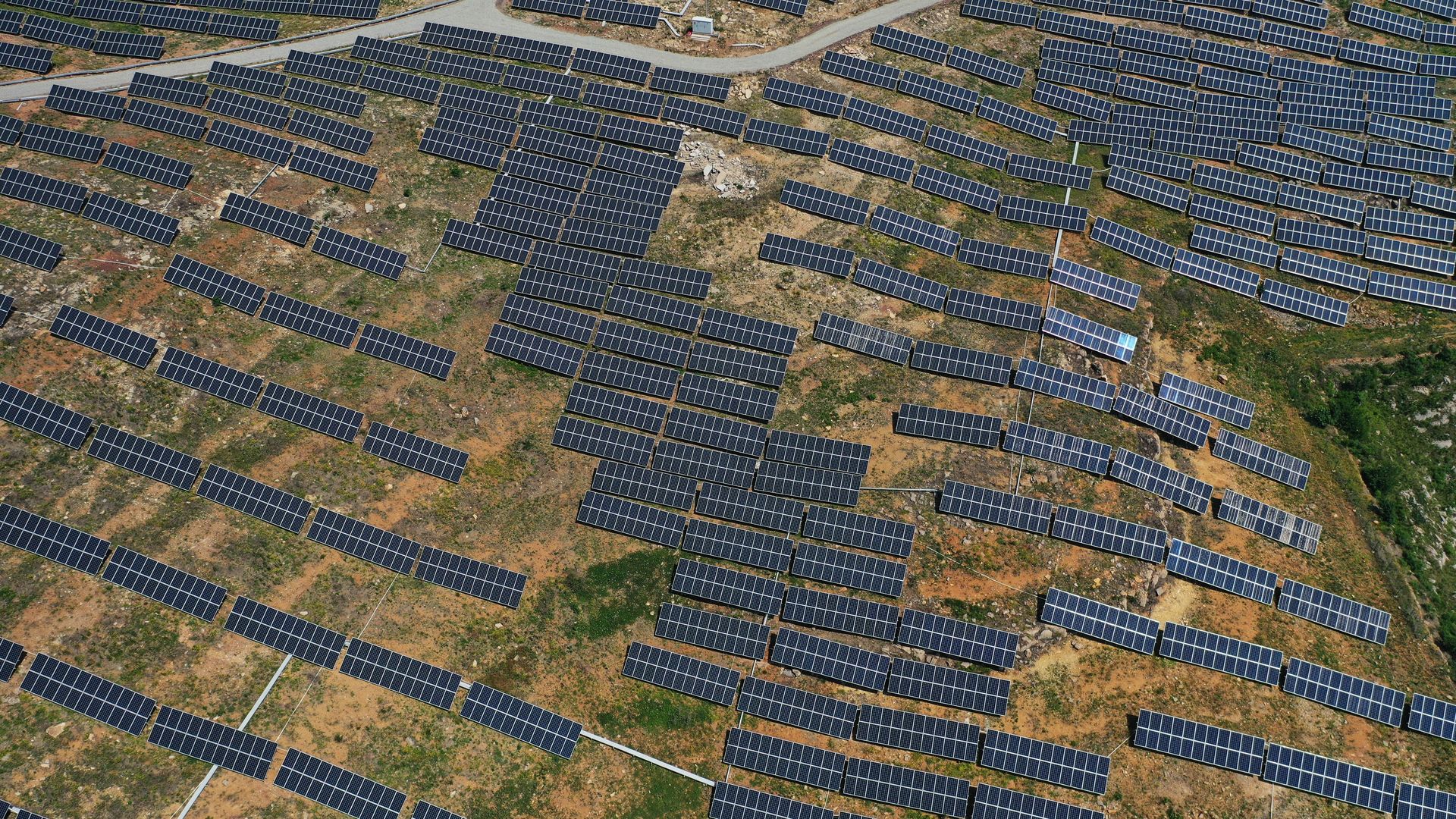Energy industry joins calls denouncing racism
Add Axios as your preferred source to
see more of our stories on Google.

Photo: Barcroft Media / Getty Images
Energy trade associations are denouncing systemic racism that perpetuated the killing of George Floyd by white police officers and other similar acts of racial discrimination in recent years.
Why it matters: The comments show how transcendent this topic is becoming as protestors take to the streets around the country calling for an end to police violence which has disproportionately impacted black people.
Driving the news: American Petroleum Institute CEO Mike Sommers posted about the topic Tuesday on LinkedIn, while the Solar Energy Industries Association issued a statement Monday and its CEO, Abigail Ross Hopper, made another statement Wednesday.
What they're saying:
- "SEIA recommits itself and our industry to ensuring that racial justice and opportunity for all remain core values of our work," Hopper wrote Wednesday, referring to her group's efforts to tackle the problem since at least May 2019.
- "We strongly oppose prejudice that confronts so many because of the color of their skin, where they were born, how they worship, or who they love," Sommers wrote.
Where it stands: Companies across a variety of industries have come out in recent days to issue critical statements on racism — a move that has become commonplace. The energy industry itself employs fewer African Americans than the broader American workforce.
By the numbers: These figures come from an annual report on energy jobs put out by the Energy Futures Initiative, a think tank led by former Energy Secretary Ernest Moniz.
- The oil, natural gas and coal sector is around 7% black, compared to the broad American workforce, which is 12% black.
- The solar and wind workforces are more diverse than the overall workforce, but not when it comes specifically to African Americans, who comprise between 7%-8%.
What’s next: The share of new oil and gas jobs through 2040 that are projected to be filled by women and people of color is 54%, according to a forthcoming study from the American Petroleum Institute not yet released but shared with Axios upon a request for comment. That’s compared to about 44% the group tallied in a 2015 report, its most recent data on the topic.
Go deeper:
